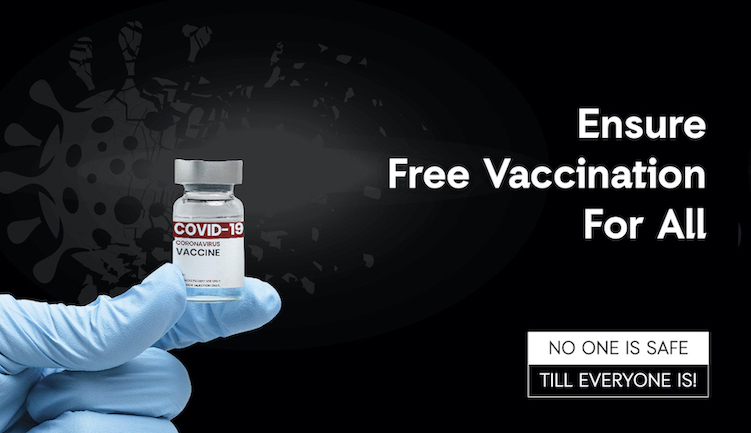After three anxious years, when the world was just beginning to sigh relief, a new wave of COVID-19 contagion again stuck the many parts of the world in the passing days of 2022. Emerging from its controversial zero-COVID policy, China experienced a widespread wave of the pandemic. And it was followed by reports of hundreds of new cases of coronavirus infection from South Korea, Japan, the United States and some other countries. This episode has simply confirmed the apprehension that the COVID-19 epidemic is still around us. Many experts have warned that as long as there are large numbers of unvaccinated people, new strains and variants may keep cropping up here and there, and some might prove dangerously contagious.
It’s a sad reality that the world community has failed to achieve targets of vaccinations, even though two and half years have passed since the first COVID-19 vaccine came into being. However, it could be said indisputably that lack of vaccine doses/resources is not the main reason for cases of failings in achieving the targets (of vaccinations).
Let’s first see the problem. The World Health Organization (WHO), in one of its reports this year, presented a worrisome picture of vaccine equity in the world. It reminded us that,
-
In 2021, WHO set the target for 70% global vaccination coverage by mid-2022
-
But as of June 2022, only 58 of 194 member States of WHO had reached the 70% target.
-
According to the report, among low-income countries, just 37% of healthcare workers had received a complete course of primary vaccination.
The WHO report also underlined that “the conditions to allow for all countries to achieve the global targets, meaning supply, technical support, and financial supply, are now in place…. For the first time since the pandemic began, the global supply of vaccines is not currently a binding constraint.”
Still, if large numbers of people in the global south are deprived of vaccination, then it must be asked: Why is this the case? One can find the answer to this question in the existing unequal structures of production and supply of preventive medicines. When the world was passing through the most dreadful days of the pandemic, Oxfam International revealed through its analysis that,
-
As of May 2021, people in the G-7 (organizations of rich countries) countries were 77 times more likely to have been vaccinated than those in the world’s poorest nations.
-
Around 28% of the 1.77 billion doses of the COVID-19 vaccine administered across the globe by May 2021 were provided in the G-7 nations. And the share of low-income countries was an abysmal 0.3% of total vaccinations.

